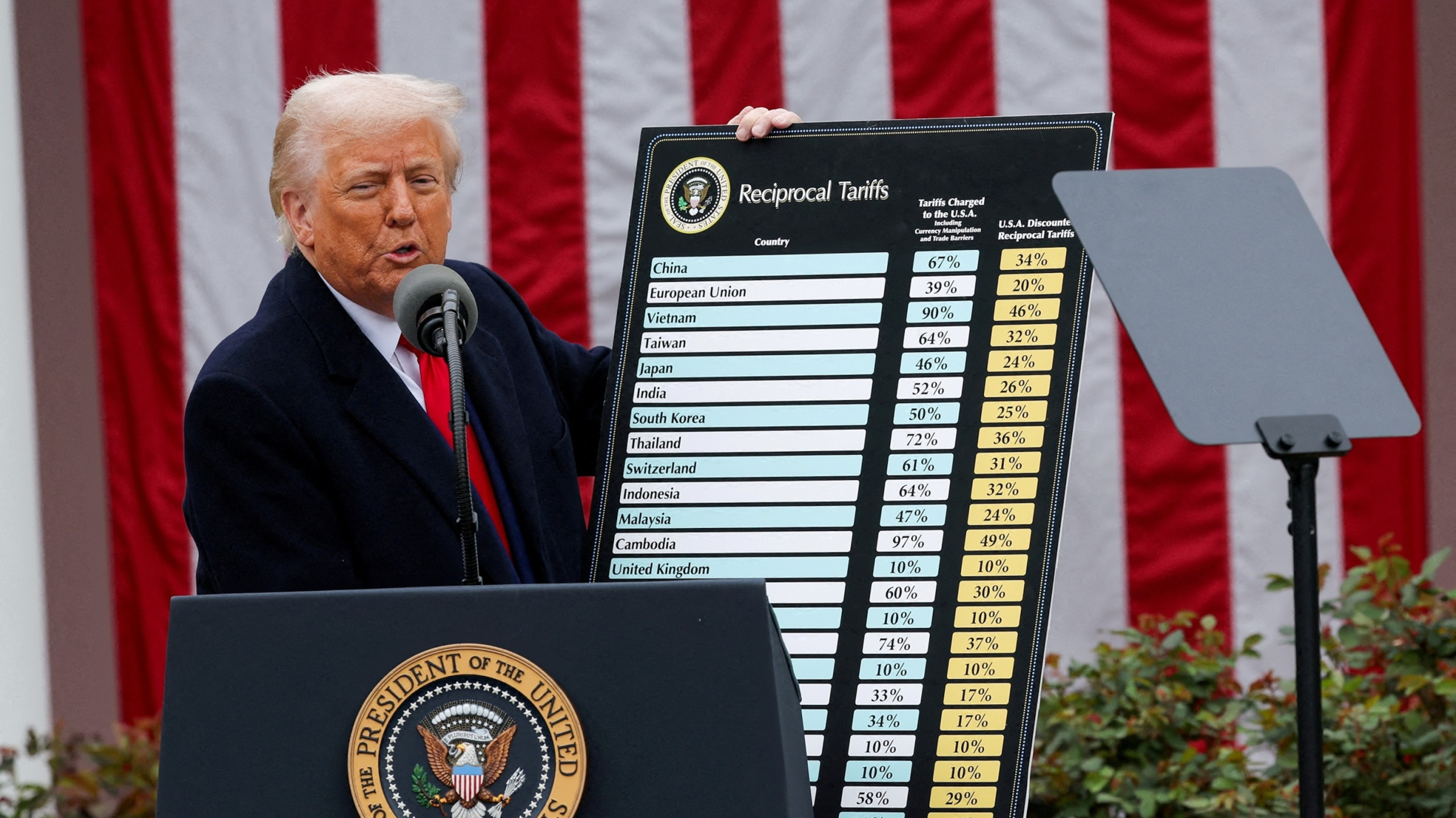Trump’s Tariffs Hurting Americans
DIDPress: Tim Brinkhof writes for the Daily Bast that Donald Trump’s irrational trade wars have rattled the stock market, discouraged foreign investment, weakened the U.S. dollar, and cooled down global trade and diplomatic relations.

Across the modern world, far-right leaders—from Viktor Orbán and Recep Tayyip Erdoğan to Rodrigo Duterte—have often presided over periods of social unrest and economic stagnation. In theory, such instability is seen as a sign of governance failure. In practice, however, it frequently functions as a deliberate political strategy, aimed at consolidating public support through the creation of both real and symbolic crises.
The current situation in the United States under Donald Trump fits squarely within this pattern. His erratic tariff policies have not only shocked financial markets and driven down foreign investment, but also weakened the US dollar and strained international trade relations. Are these actions intended to revive domestic manufacturing? To pressure foreign countries into signing better trade deals? Or perhaps to push the Federal Reserve into lowering interest rates to refinance the national debt?
Each of these interpretations—offered by both supporters and critics—assumes that the White House is applying a form of “economic shock therapy”: a painful set of policies that hurt in the short term but promise long-term gains.
Such strategies are common among populist leaders, including Trump’s favored ally, Javier Milei of Argentina. While Milei’s program appears to be showing early signs of success—albeit at the cost of rising poverty and unemployment—experts caution that Trump’s trajectory may result in long-term, irreversible damage to a country he claims to be leading into a “golden age.”
Thomas Pepinsky, a professor of government and public policy at Cornell University and a nonresident senior fellow at the Brookings Institution, told The Daily Beast:
“Although President Trump and his advisers promise long-term economic prosperity, the reality looks more like a scenario designed to create scarcity and hardship.”
In other words, the Trump administration may not actually be seeking economic recovery at all—but rather, may be intentionally weakening the economy in service of a larger political strategy.
Elsewhere, similar efforts to restrict imports in the name of protecting domestic agriculture have led to food shortages and increased mortality, ultimately fueling government propaganda and calls for greater sacrifice from the public.
A parallel can be seen in Italy, where administrative reforms supported by Silvio Berlusconi and the Lega Nord in 2010 resulted in cuts to public services and heightened anxiety about immigration—both of which boosted support for conservative factions.
This dynamic is often explained through the political science concept of “securitization,” whereby politicians manufacture or magnify crises to centralize power and reduce legal constraints.
Edward Koning argues that this is a favored tactic among leaders like Trump.
Such cycles, Koning warns, are usually broken only by revolution or war—moments that require a dramatic reimagining of the president’s role, from savior to saboteur, from strongman to incompetent, from ideologue to opportunist. In Trump’s case, however, this transformation appears unlikely, given the strength of U.S. military power and the relative weakness of the working class.